Whether you are new to budgeting or you have been budgeting for a while, there may be a few things you are not adding to your budget. Leaving out any area from your budget will cause frustration with your overall plan. So what are some of the commonly overlooked items in your budget?
Now this is not an exhaustive list, but here are the five areas that I often find in my coaching sessions that get overlooked.
- Car Repairs/Registration – No matter how old or new your cars are, they will need repaired or at a minimum maintained. This category is good for the oil changes, tires, windshield wipers and for any other maintenance or repair items. Also remember to save for your car tags (especially newer vehicles). This can be expense if you own several newer vehicles.
- Home Repairs – Purchasing a home may be a great investment, but every home needs to be maintained and owners ready for repairs. It is amazing how much things like a window or a toilet costs. This is not counting the biggies like replacing the garage or the roof. Saving back for this item will help with peace of mind for sure.
- Clothing – This may be a sensitive item for some. If you are not careful, it is easy to go overboard with clothes. And the only time we go overboard is when we do not have a plan. So when you are budgeting for clothes think about how many members you have in your family and how often do they need to update the whole wardrobe.
- Gifts – It may be January, but now is the time to begin saving for gifts…especially Christmas. Imagine having money set aside next Christmas and not having to freak out wondering how you are going to pay for Christmas. But remember, there are more gifts to purchase than Christmas. Most of us have birthdays, anniversaries, weddings, graduations, etc too. Be sure to set some money aside for all of the various gifts you may be purchasing this year.
- Back to School – Just like gifts, it is a once a year type of expense. But when it comes, and you have not saved any money back, it can sting you right as you are getting ready for the new school year. Back to school shopping is definitely worth a little pre-planning and saving.
How Do I Save and Not Destroy My Budget?
You may be thinking it would be nice to save for those additional budget categories, but if you do that, there will be nothing left for other bills. That is simply not the case for most people. What we have found works best is take each category and figure up how much you would spend in a year and divide by 12. Then that is how much you save back for each individual category.
Example: $300/year for clothes. Take $300 divided by 12 months and that means you would want to set aside $25/month for that category.
Where Do I Put This Saved Money?
Now that you are going to set aside money every month for these expenses, you might be asking yourself where do I put my money and keep it safe. I recommend using the cash envelope system that became known from Larry Burkett. Simply grab some envelopes (or anything that can hold cash and keep it separate like pouches or mini accordion folders) and categorize each envelope for the budget line item you are saving for (i.e. back to school). Then each month put money into each individual envelope. Now you have an instant score card on how much you have to spend when you need to spend the money. It is a great way to hold yourself accountable to what you initially wanted to spend.
Won’t My Cash Get Stolen?
I will never forget a friend of my that was attending a Bible study on a beautiful Saturday morning in a Des Moines suburb. When she came out of the Bible study she was greeted to her car window smashed in and her purse stolen (and her car was parked two blocks away from a police station). When they found her purse in a trash can at a local grocery store, all of her cash was there. All of her credit cards were gone.
You are not going to carry these items with you except when you need them. At home you can put them in the cupboard or your home office desk. If you are still concerned, keep a fireproof safe at home. They are fairly inexpensive and you should have one on hand anyway for other items that you want to keep safe.
Remember budgeting for these overlooked items will help you keep control of your money and help you reach your long range goals by not overspending in the present.
Have you ever saved up and paid cash for something?
What has been your most memorable experience using the cash envelope system?
What are areas in your budget you have overlooked before?

